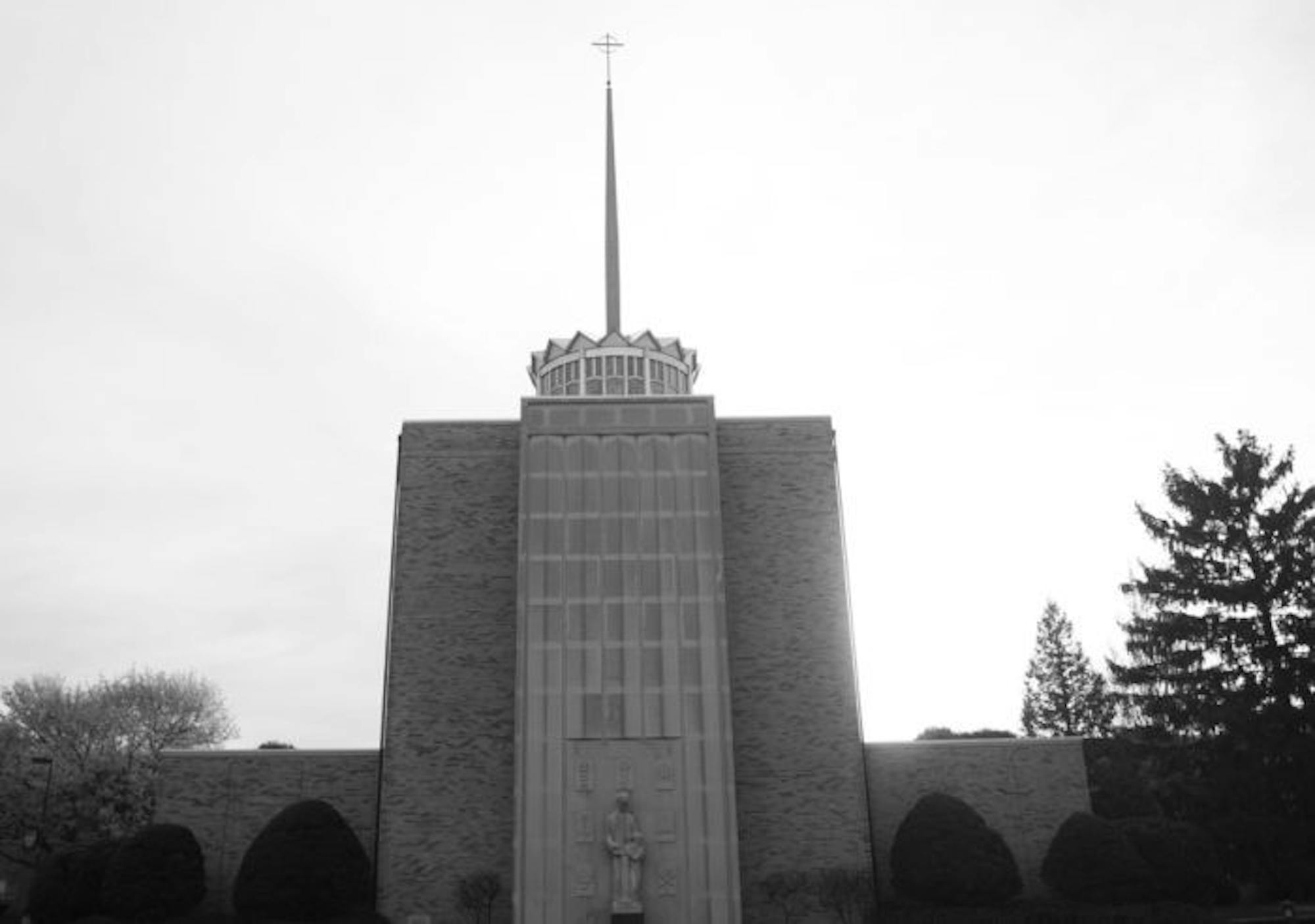Unlike the students involved in the recent nationwide college admissions scandal, the first-generation, low-income and Deferred Action for Childhood Arrivals (DACA) students of Holy Cross said they received little to no assistance when it was time for them to begin applying to colleges and universities.
The official Holy Cross website states 32% of the College’s student body consists of first-generation college students.
First year and first-generation student Cody Rieckhoff said he remembers not being able to go to his parents for help during his college search.
”I had the guidance counselors and teachers who would help with my process, but when it came to my parents, I had no insight on how to apply,” he said. “I had no insight on where to look. So, I just started exploring. I just started to look, I applied to, I think, nine different colleges and all of them were off of free applications.”
Rieckhoff said he remembered the exact moment when he realized his parents could no longer give him advice about his future.
“I had this opposition from my parents about where they wanted me to go, and for me, I was like, ‘Well, what do you know about college?’” Rieckhoff said. ”Because they didn’t go, I felt it hard to look to them for advice about what to expect.”
First-year students Patricia Vasquez and Erick Maciel Diaz also faced challenges during the college application process — both are first-generation, low-income students as well as DACA recipients.
Diaz said his college search became complicated in September of 2017 when his DACA status was in danger of being taken away.
“I did most of the research on my own, and I did my applications thinking that I was going to receive financial aid,” he said. ”Once the whole DACA program got rescinded in September, that stopped me from wanting to search for federal aid, because I knew that then I couldn’t get it, and I didn’t really know at the time what was going to happen to DACA or me.”
Vasquez said she looked for additional assistance during her college search from the Nicholas Academic Centers, a tutoring and mentor program for high school students, as her options for college felt limited at the time. The Nicholas Academic Centers negotiated on Vasquez’s behalf so she could receive the resources necessary for her to attend Holy Cross.
“Most of my peers were born here, and I wasn’t,” she said. “I was beginning to apply for my DACA [status], and once I started applying to my DACA [program], I realized that me not being born here was going to affect my financial aid package for college. ... [The Nicholas Academic Center] constantly told me, ‘Yeah, you have this [state] of being different, of being low-income and being a DACA recipient, but you also have opportunities if you have the right system advocating for you.‘”
Diaz said he was not surprised to hear of the admissions scandal.
“I think everyone somehow knew in the back of their minds that this has always happened,“ he said. “I don’t think it’s institutionalized, but I do think money has something to play in getting students accepted into colleges anywhere. So, really, I think this is only part of a bigger picture that shows how skewed the system is and how we’re not playing fairly.”
Rieckhoff, on the other hand, said he was shocked to hear how far people were willing to go to get into elite schools.
“I feel like it takes away from the prestige of making it anywhere for people to be basically bribing their way into college or bribing their kids into college or extorting money from somebody,” he said. “It just seems very, very unfair for a lot of the people who work really hard to get where they are. … It blows my mind that people put so much prestige behind a college that they’re willing to pay four-college-tuitions-worth of money just to get their kid to go.”
Vasquez said she would like to see more Holy Cross faculty become empathetic toward low-income and first-generation students.
“I would like to see more of workshops for [College] staff and faculty, just to give them a perspective of what it means to have a student that is first-generation or low-income,“ Vasquez said. “Because I’m pretty sure they’re aware that they have some students that are low-income and first-generation or DACA recipients, but they’re not well aware of what they go through.”
Holy Cross students react to college cheating scandal
Anna Mason
Anna Mason | The Observer









